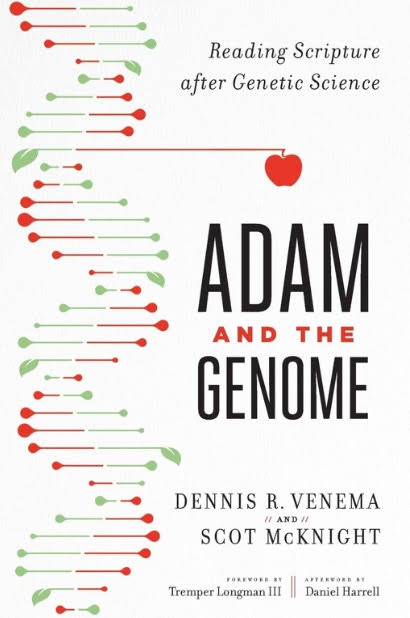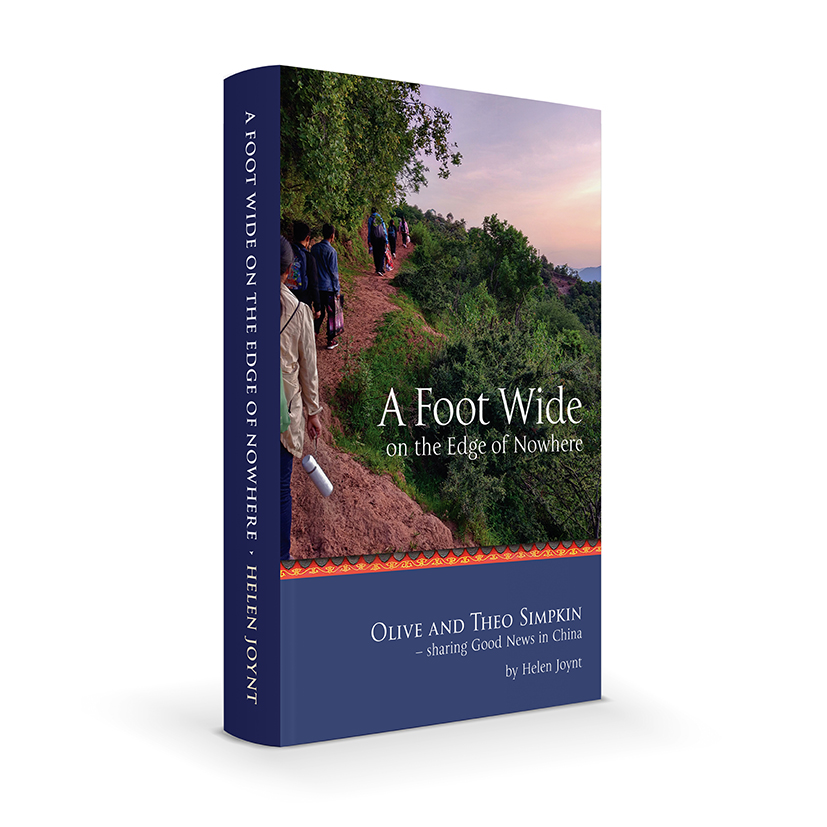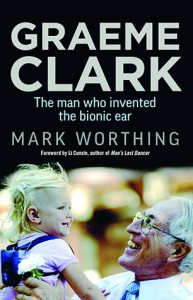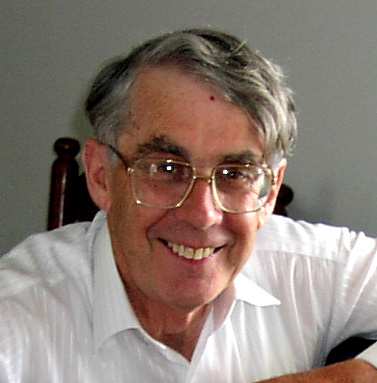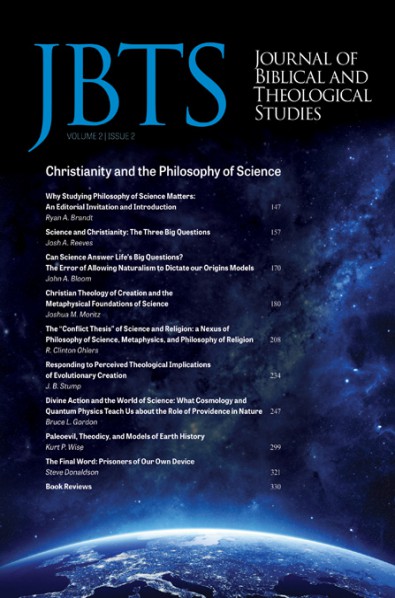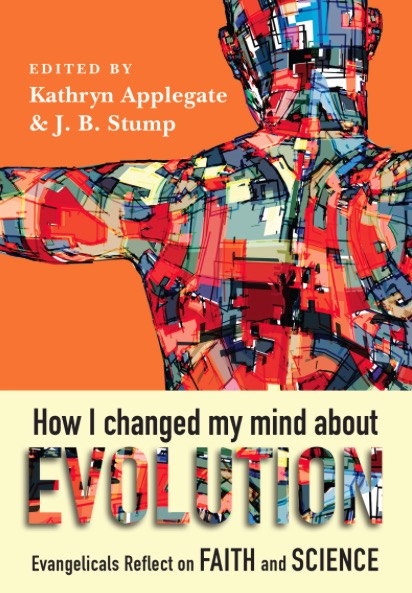


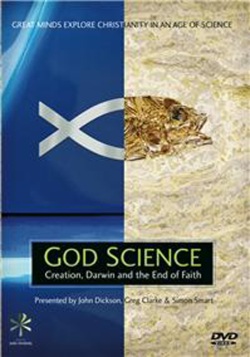 Review of the Centre for Public Christianity’s DVD ‘God, science: creation, Darwin and the end of faith‘
Review of the Centre for Public Christianity’s DVD ‘God, science: creation, Darwin and the end of faith‘
John Pilbrow, February 2013.
Download PDF
John Dickson, Greg Clarke and Simon Smart
God, science: creation, Darwin and the end of faith (DVD)
Centre for Public Christianity, Sydney, 2010, 108 min UPC: 0793573716712
Reviewed by John Pilbrow
This review first appeared in The Melbourne Anglican, September 2011,
p. 22, and is reproduced with permission.
Abstract
Science has not brought about the end of faith. The DVD God, Science and the End of Faith would make a good starter for conversation about faith and science in churches and schools.
The Centre for Public Christianity, (CPX), based in Sydney, promotes dialogue and discussion on many contemporary issues from a Christian perspective. The DVD, God science: creation, Darwin and the end of faith, features short interviews with 16 scientists, philosophers, historians and theologians, all but one of whom are professing Christians. Comments below relate to only nine of the interviews.
Oxford University Mathematician Professor John Lennox explains what is meant by multiverses. These contain an infinite number of universes of which we occupy one that is just right for life. He says that people like Martin Rees, author of the book Just six numbers, see the multiverse and a creator as alternatives, which is a false dichotomy. Cambridge paleontologist Professor Simon Conway Morris contrasts science, seeking to understand the universe, with theology which is about providing a sound basis for belief. He comments that while from a scientific point of view the resurrection might appear most unlikely, he is persuaded that it really happened.
Dr David Cohen (UNSW) explains why geologists believe the earth to be more than 4 billion years old, while Auckland University’s Dr Graeme Finlay considers that our evolving history is not an alternative to creation but provides evidence concerning processes of creation. Oxford Historian of Science Professor Peter Harrison outlines challenges to faith posed by questions such as: How do we account for randomness, apparent wastefulness or animal suffering in evolution? Or why should we believe human minds can locate fundamental truth about the world? Or, again, why there is anything at all?
The founding Director of CPX, Dr John Dickson, explores the literary genre of the early chapters in Genesis in the light of the best of modern scholarship and in comparison with other creation stories. He says Genesis 1 answers universal questions such as what is God like and what is our place in the universe, but it is not a science textbook.
As a way of responding to modern atheists, Christian philosopher Professor Alvin Plantinga (Notre Dame University, USA) asks, ‘Why do we believe there are other people?’ or ‘Why do we think there has been a past?’. What may surprise, coming from a philosopher, is that his own faith has been strengthened more by personal experience than by argument or philosophical proof! University of Florida Philosopher of Science Professor Michael Ruse, though an unbeliever, says there needs to be space for both science and religion. While both Christianity and science are about origins, they are often viewed as rival world pictures, and he goes on further to claim that Darwinism (meaning evolution and not social Darwinism) is really a ‘child’ of Christianity!
Oxford Psychologist Dr Olivera Petrovich found, to her surprise, that children in both Japan and the UK exhibited the same kind of natural belief towards the idea of a creator, in spite of the cultural differences between the two countries!
None of those interviewed, including atheist Michael Ruse, think that science has brought about the end of faith. In spite of the fact that the presentation is somewhat disjointed and several of the interviews are too short, the DVD should provide good conversation starters for discussion in churches or schools. Some CPOSAT readers might find the more coherent presentations in the Test of faith DVDs and associated materials, emanating from the Faraday Institute in Cambridge, to be a better choice. Both Simon Conway Morris and Peter Harrison also participated in the Test of faith series.
John Pilbrow is Emeritus Professor of Physics, Monash University, and a Fellow of ISCAST.
